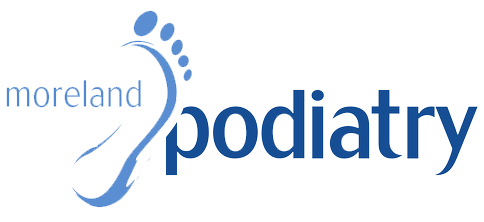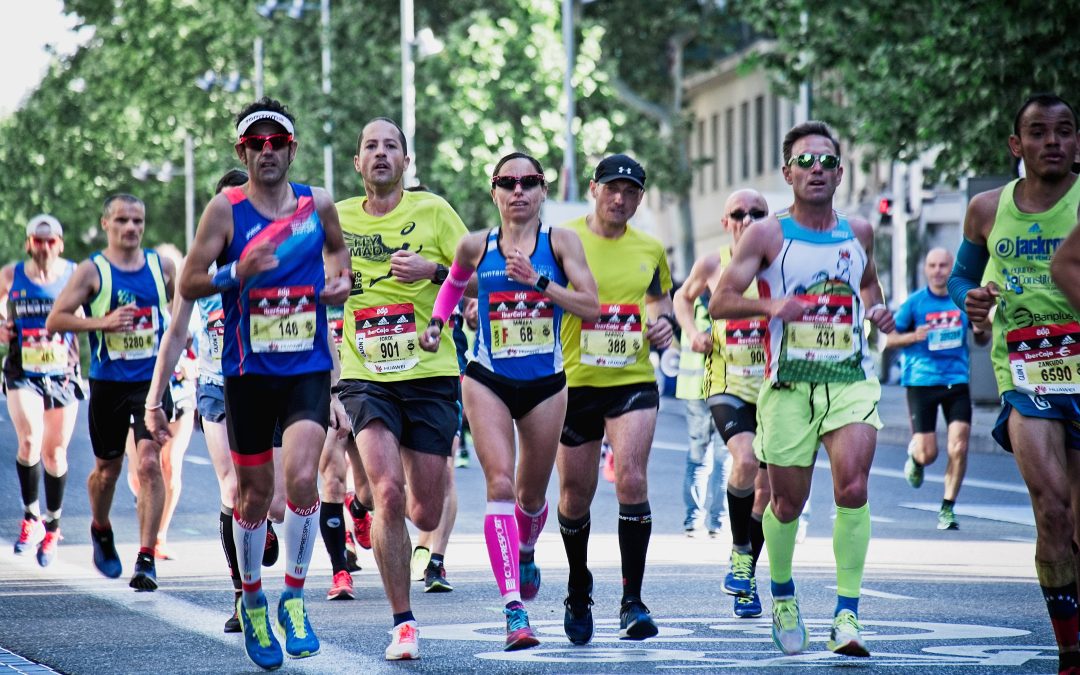Running injuries are extremely common and can occur when you forgo stretching, push yourself too hard or change your running frequency or distance too quickly.
The repetitive impact of running can take a toll on your lower body, which is why the knees, legs and feet are the most common areas for injuries. Here are 7 common running injuries and how to treat them.
Stress Fractures
A stress fracture is a hairline crack to the bone due to repetitive stress or impact. For runners, they occur at the top of the foot, the heel or lower leg.
Pain tends to get worse with activity but improves with rest. An X-ray is needed to diagnose a stress fracture and with rest and immobilisation via a CAM Walker, they tend to heal in 6 to 8 weeks.
Shin Splints
Shin splints commonly occur after running longer distances or increasing the number of days you run, too quickly. Running on hard surfaces can also contribute to shin splints.
This injury causes dull pain along the front of your shinbone which can be tender to touch with some mild swelling. Unlike stress fracture, the pain from shin splints is spread out along the bone.
Treatment can include:
- Rest
- Modified Training Program
- Exercise Therapy
- Footwear
- Custom Orthotics
- Shockwave Therapy
- Low Level Laser Therapy
An X-ray or a Diagnostic Ultrasound is usually required to confirm shin splints.
Runner’s Knee
This overuse injury (also known as Patellofemoral syndrome) can happen when the kneecap is out of alignment, or when the cartridge wears down around the knee cap.
Pain can be felt when going up or down stairs, squatting or sitting. It is a dull pain that ranges from mild to very painful and gets worse with long periods of sitting or exercise.
This injury is usually treated with:
- Rest
- Modified Training Program
- Exercise Therapy
- Footwear
- Custom Orthotics
- Shockwave Therapy
- Low Level Laser Therapy
Achilles Tendinitis
Achilles Tendinitis is the inflammation of the tendon that connects the calf muscle and the heel.
It may occur after an increase in training loads and activity as well as running extra distance. Symptoms include pain, a burning sensation, swelling or stiffness at the tendon. Treatment for Achilles Tendinitis includes:
- Rest
- Modified Training Program
- Exercise Therapy
- Footwear
- Custom Orthotics
- Shockwave Therapy
- Low Level Laser Therapy
Ankle Sprain
A common injury across all sports including running, ankles sprains are caused by the overstretching or tearing of the ligaments around the ankle.
Symptoms of an ankle sprain include:
- Pain
- Swelling
- Bruising
- Limited movement of the ankle.
An ankle sprain will usually heal with:
- Rest
- Ankle Brace
- Modified Training Program
- Exercise Therapy
- Footwear
- Low Level Laser Therapy
Plantar Fasciitis
Plantar Fasciitis is the inflammation of the plantar fascia and can cause heel pain, especially first thing in the morning. It may be linked to an activity, however it can also occur without a clear cause.
Symptoms include:
- Pain under the heel or midfoot
- A pain that slowly develops
- Burning sensation on the bottom of the foot
- Pain that is worse in the morning
- Prolonged activity causes pain.
Treatment may include:
- Exercise Therapy
- Footwear
- Custom Orthotics
- Shockwave Therapy
- Low Level Laser Therapy
- Foot Mobilisation Technique
- Dry Needling
- Off Load Padding
Muscle Strain
This is a tear in the muscle often caused by overstretching and for runner, usually affects the hamstrings, quadriceps, calf and groin. When a muscle is pulled, a popping sensation may be felt, followed by pain.
Treatment can include:
- Rest
- Exercise Therapy
- Modified Training Program
- Footwear
- Custom Orthotics
- Low Level Laser Therapy
- Dry Needling
Other types of running injuries include;
- Ingrown toenails
- Blisters
- Bursitis
- Meniscal tear
- Compartment syndrome
- Calf strain
- IT (iliotibial) band syndrome
Moreland Podiatry – Common Running Injuries
If you are experiencing pain to your feet, knees or shins, it is important to seek a specialist’s opinion as soon as you can. The friendly team at Moreland Podiatry are here to help and are easily contactable via our contact page or on (03) 9383 6633 if you require an appointment.


Recent Comments